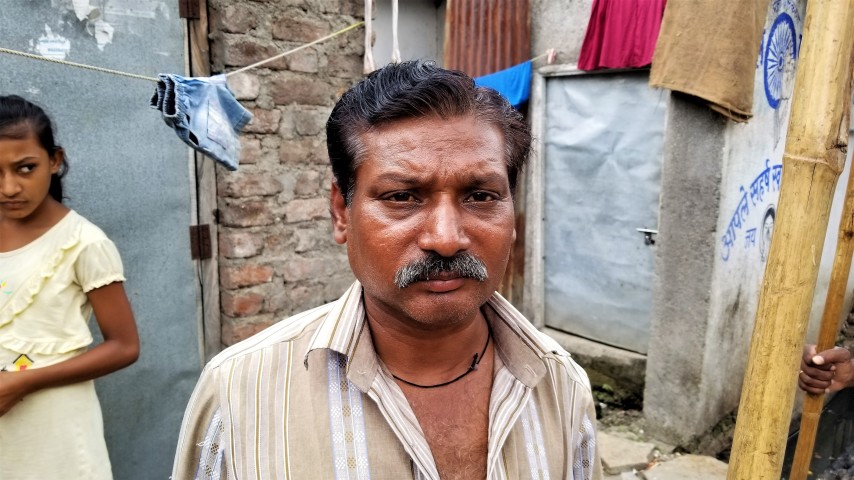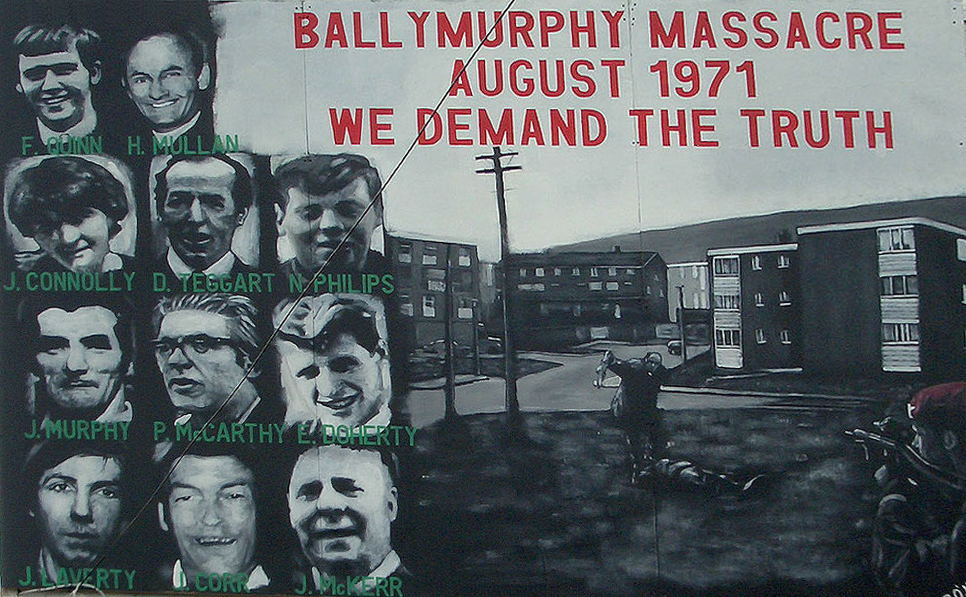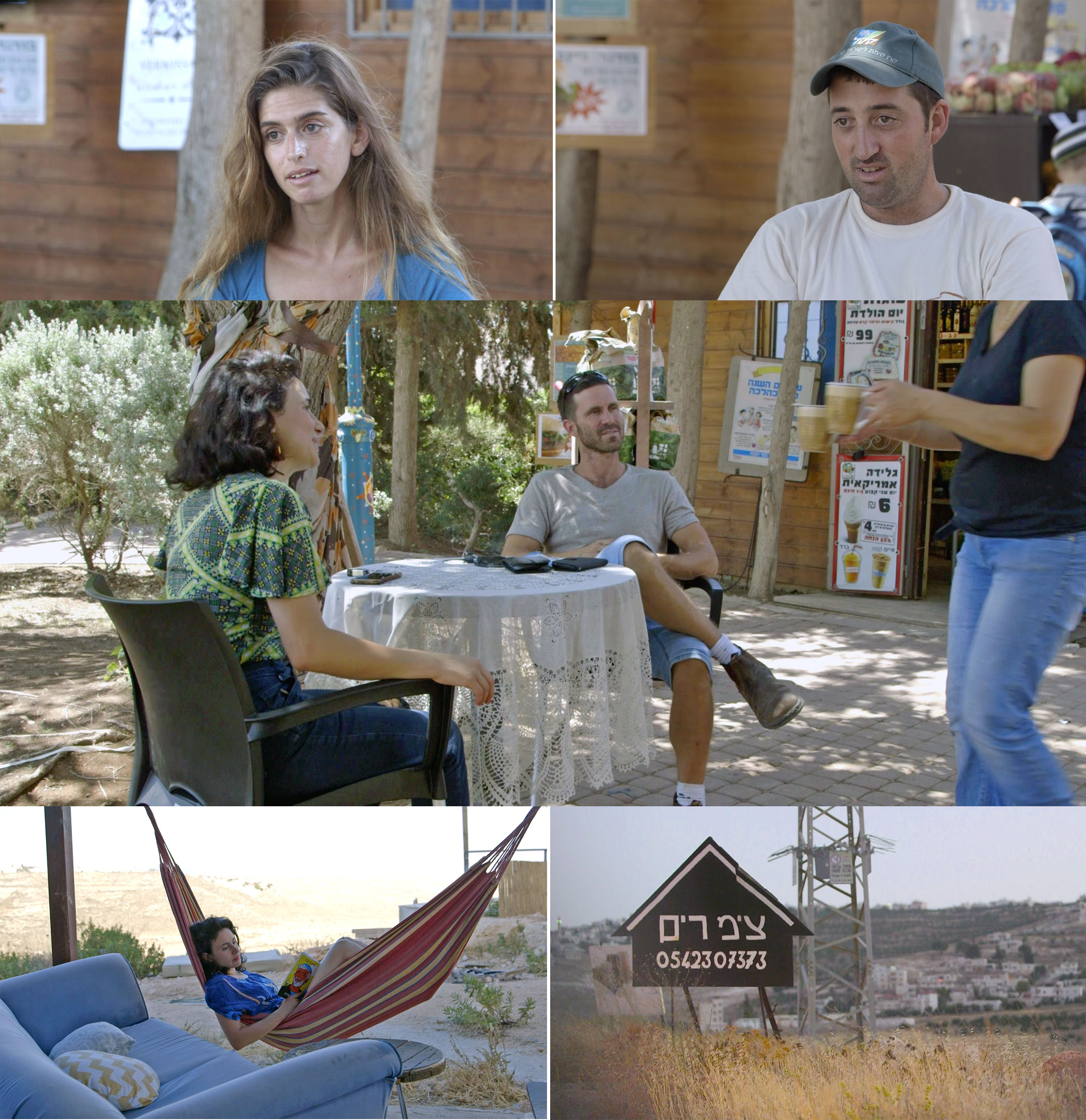Faith can be used to guide civil society towards universal ideals of tolerance and justice, but what happens to intercommunal relations when faith is used to foster intolerance and injustice?
Amber Khan moderated the Faith and Civil Society panel exploring this fundamental question. Khan is host and executive producer of Interfaith Voices, an award-winning public radio program that explores how beliefs intersect in public life and influence it. The panel featured Pulitzer Center grantees Callum Macrae, Iris Zaki, and Phillip Martin.
Macrae directed the Ballymurphy Precedent, a documentary film covering the killing of 11 Catholic civilians by the British Army at the onset of Northern Ireland's 'Troubles'. He explained that in Northern Ireland, the conflict between Catholics and Protestants was not religious, but more closely resembled a "post-colonial war" between Irish nationalists and the British government.
"It was a political war," said Macrae. "It was a product of Britain's effective holding onto these six counties [Northern Ireland]."
Still, the communities are defined primarily by their religious affilitation, and local Catholic and Protestant leaders have an interest in maintaining those divisions in order to safeguard their power and influence.
Divisions were similarly reinforced in India during the colonial period, where both British authorities and religious leaders used caste to maintain hierarchy and control.
"Caste was an effective tool for division and social exclusion," explained Martin. In his Pulitzer Center-supported series for WGBH/PRI's The World, Martin covers how casteism is manifested in Indian-American communities in the United States.
Most Americans do not know that caste often follows Indian immigrants to the United States, and it can have a debilitating impact on their social standing among other Indian-Americans. This can be especially distressing for Indian-Americans who achieve social mobility in their new country, but who are unable to shed traditional associations with their caste.
The fusion of faith and politics can have a lasting impact on later generations as well. Iris Zaki's film Natural Born Settlers covers the experiences of second-generation Israeli settlers in the West Bank settlement of Tekoa.
She intentionally interviewed second-generation Israeli settlers because she wanted to highlight the experiences of a community that is little understood both in Israel proper and in the United States.
"Whether I like it or not, this is their home and that complicates it," Zaki explained.
This is what makes their experiences particularly unique. Their parents settled the West Bank in order to fulfill the ideological visions of Zionism, but second-generation settlers were born there and are often far less religiously zealous than their parents were.

There are a lot of systems of division. Caste is one of them. This series takes listeners/viewers to...

Project
The Ballymurphy Precedent
In The Ballymurphy Precedent, Collum Macrae probes the killings of 10 unarmed Catholics, including a...




















